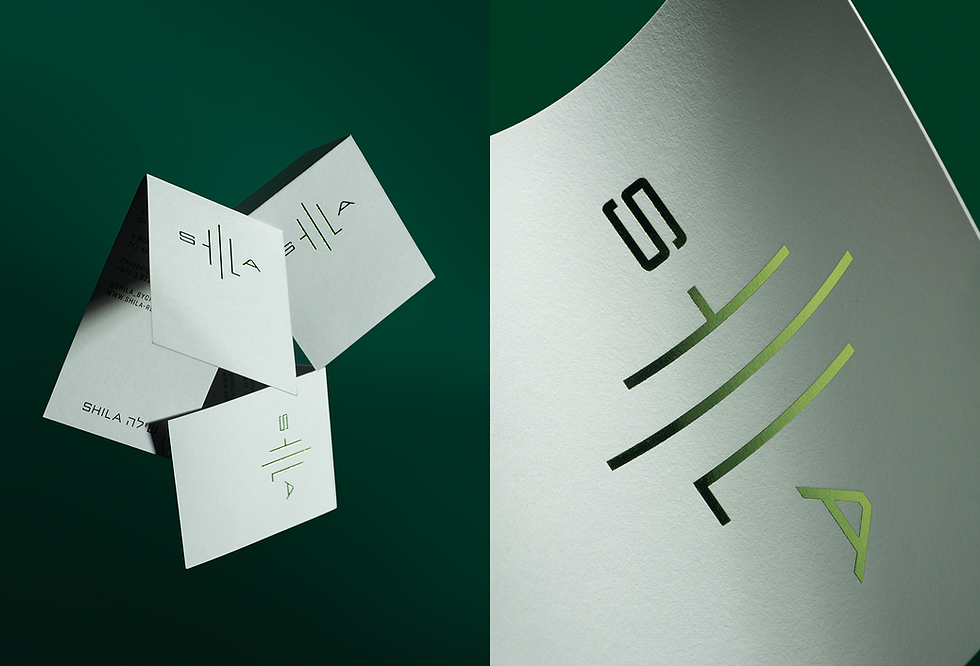- Shelly Peleg
- Apr 19, 2021
- 3 min read
Updated: Mar 19, 2023
“In the Beginner’s Mind there are many possibilities, but in the expert’s there are few”. In imaging our best selves, we all hope to embrace an enthusiasm for opportunity and originality , to rid ourselves from static ways of thinking. Yet, counterintuitively, we are simultaneously living in a world where beginners are prey to unrealistic expectations. A culture of perfectionism has made us all fearful of showing any sign of vulnerability or inexperience.
Even in times when you should be celebrating the fact that you’re a newcomer, like when you’re in school, or as a recent graduate looking for your first job, you are bombarded with messaging that says you should be acting like an expert already; expected to excel in everything you do.
Exploring the idea of the Beginner's Mind, and what lies behind the philosophy, can help you better understand its value and enjoy its benefits. Though you already possess these traits naturally within you, we’re going to walk through the main principles of this mindset, to then serve as a reminder when you need it most.
Letting go of expectations
When you’re a beginner, you should, ideally, be free of expectations—from your surroundings and yourself. Releasing yourself from overly high expectations allows you to experiment and act without the “should’ve” and “could’ve” voices in your head. An interesting way to think about this principle is through the art of calligraphy. In keeping with the principles of the Beginner’s Mind, the best way to approach calligraphy is by writing in the most straightforward, simplest way, instead of trying to make something skillful or beautiful. Write with full attention, as if you are discovering what you’re writing for the first time. When you let go of the planning, it frees up a whole new and exciting headspace, one that’s all about intuitive creativity.
Viewing risks as experimentation
In an open mind, even the unknown can turn into a positive experience. Instead of viewing new ventures or ideas as risks, we can think of them as experiments. A risk can have a negative connotation: if we fail, it means we did something wrong and need to change our ways. An experiment, on the other hand, is just an experiment. In the case of failure it can be internalized as a source of constructive feedback, and an opportunity to search for new ways of succeeding.
Channeling curiosity
Curiosity is at the very foundation of the human experience. We see it most clearly in children—relentlessly asking questions, trying new things, and then figuring out how they feel about them, in the most basic terms. This mindset is sometimes (okay, oftentimes) forgotten as we grow, but we always have the opportunity to revive this innate instinct. The quickest way of acting on your curiosity is by asking—asking questions is at the heart of a Beginner's Mind. Beginners are also unafraid to ask for help, so seek out the advice of mentors or join a community where you feel safe speaking up. Another way to spark curiosity is through new experiences. Novelty sparks learning, so seeking out interesting experiences is a great way to engage your Beginner's Mind.
Unassumed learning
When we have no thoughts of achievement, we are true beginners. Try approaching each project ,both big and small, with a fresh, unassuming, open mind. Even if you’ve had a similar experience in the past, as you read or research, cultivate that open mind. Think of a time when you learned a new skill or a new software—you were most likely free of preconceptions, nonjudgmental, and therefore open to new discoveries. Embracing this expanded perspective will enable you to see creative solutions to a vast array of challenges we all encounter in our work.
Playing the fool
We are not talking about a fool in the sense of stupidity, or playing dumb. Rather a playful and silly fool, one who isn’t afraid to make fun of themselves. To explain this point better, we can once again learn from children. Children aren’t so concerned with being wrong or looking foolish, and they don’t care how someone perceives their thoughts, questions or actions. Being a beginner means being able to fully embrace this type of foolishness.
Say you’re learning how to ice skate. By definition, that learning is certain to include slipping, falling, and making a general fool of yourself. But to that end, it’s the only way to make progress and ultimately, to learn how to skate.
Try and think of new tasks or projects as if they were your first skating lesson. Remember that starting over, beginning again, learning something new: they all require a willingness to look like a fool, or at the very least, a nice and “curious idiot.”



